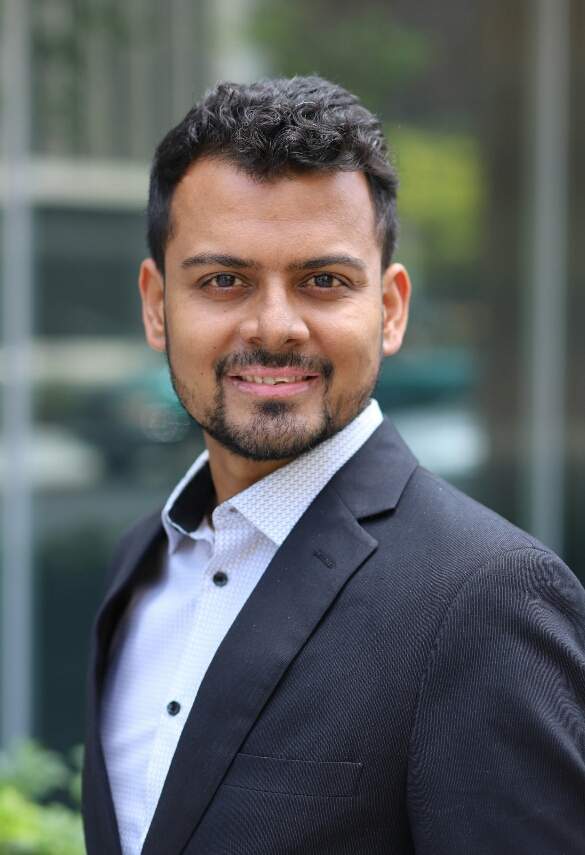
Vivek Mishra is a Research Fellow at Indian Council of World Affairs, New Delhi. He is also Assistant Professor (on leave) in International Relations at the Netaji Institute for Asian Studies, Kolkata and Deputy Director, Kalinga Institute of Indo-Pacific Studies, Bhubaneswar. He has been 2019 South Asian Voices Visiting Fellow at the Stimson Center, Washington D.C. and a Fulbright Visiting Scholar in the Saltzman Institute of War & Peace, School of International Public Affairs, Columbia University, NY for the academic year 2015-16. Vivek has completed his PhD in International Relations at Jawaharlal Nehru University (JNU), New Delhi. His broad research discipline is international relations and his areas of research concern probing American and Chinese security role in the Indian Ocean and Indo-Pacific and Asia-Pacific regions, including Indo-U.S. defense relations and the Indian defence sector.

Vivek Mishra is a Research Fellow at Indian Council of World Affairs, New Delhi. He is also Assistant Professor (on leave) in International Relations at the Netaji Institute for Asian Studies, Kolkata and Deputy Director, Kalinga Institute of Indo-Pacific Studies, Bhubaneswar. He has been 2019 South Asian Voices Visiting Fellow at the Stimson Center, Washington D.C. and a Fulbright Visiting Scholar in the Saltzman Institute of War & Peace, School of International Public Affairs, Columbia University, NY for the academic year 2015-16. Vivek has completed his PhD in International Relations at Jawaharlal Nehru University (JNU), New Delhi. His broad research discipline is international relations and his areas of research concern probing American and Chinese security role in the Indian Ocean and Indo-Pacific and Asia-Pacific regions, including Indo-U.S. defense relations and the Indian defence sector.
© 2025 The Geopolitics. All rights reserved.

